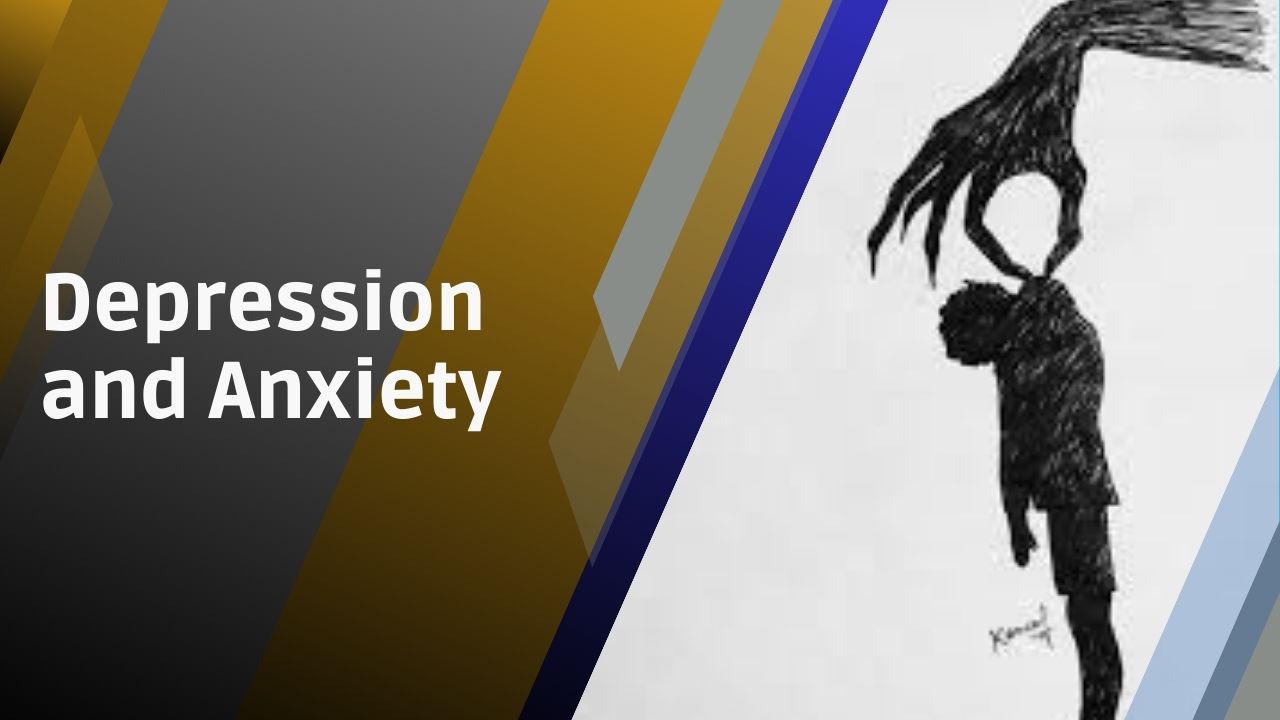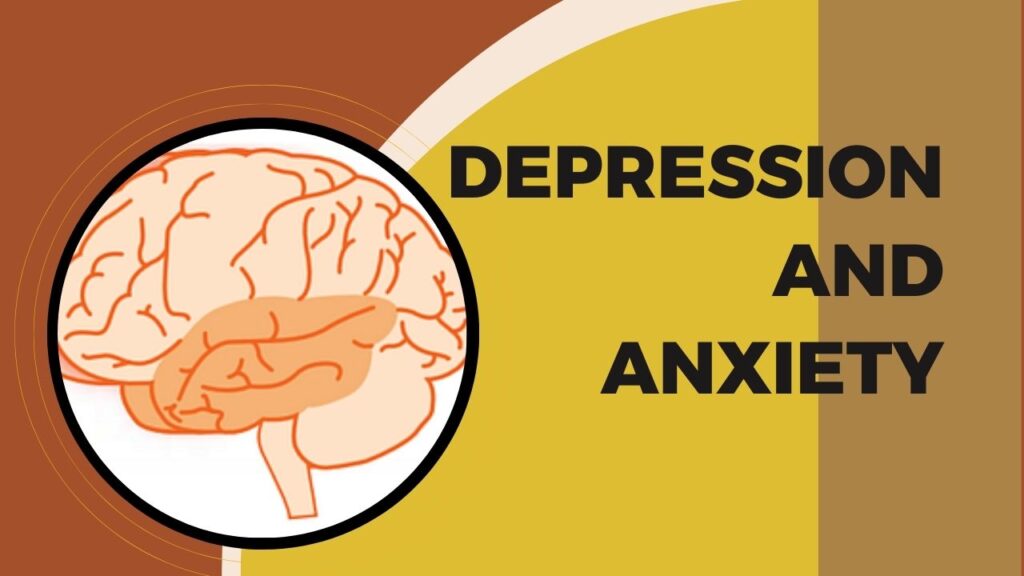Latest Information About Depression and Anxiety 2024

Depression and Anxiety especially at the age of 20 years, which is more than the age of the children, the people who have this disease. It used to be a disease, but now we are seeing that young children from the age of eleven, are also being victimized by this disease with great speed and then every third person is affected by this disease. It is affected and most of the people who are women are more prone to it, so it is depression and anxiety.
This complete investigation into the complex net of depression and anxiety addresses whether they should be classified as diseases, the distinctions between the two, and practical approaches to understanding, recognizing, and fostering mental health.
Depression and Anxiety: Disorders or Diseases?
The notion of depression and anxiety as diseases sparks a critical debate. Traditionally, they were considered disorders, marked by a deviation from order and discipline in one’s thoughts and emotions. However, the modern understanding emphasizes the role of chemical imbalances in the body and the impact of lifestyle on mental health. Regardless of classification, the surge in diagnoses highlights the urgency of addressing these conditions.
Contrary to assumptions, depression and anxiety are not limited to specific age groups. Even children as young as eleven may grapple with these conditions. The roots of such mental health challenges are diverse, with responsibilities, societal pressures, and even genetic factors contributing. Notably, those who shoulder responsibilities at a young age may experience discomfort and anxiety, showcasing the multifaceted nature of these issues.
The Role of Responsibility and Postponement
Responsibilities, or the lack thereof, play a pivotal role in mental health. The postponement of addressing life’s challenges often leads to anxiety, especially when coupled with a sense of helplessness. Young individuals, shielded from responsibilities, may find themselves unprepared to face life’s challenges when they inevitably arise. This cycle underscores the importance of cultivating resilience from an early age.

The solution to anxiety lies in anticipation and preparation. Rather than perpetuating a sense of helplessness, individuals can actively prepare for future challenges. Anticipating and working towards achievable goals cultivates a sense of control, mitigating the risk of anxiety. Lifestyle choices, such as regular physical activity and a balanced diet, contribute significantly to mental well-being.
Societal Factors and Coping Mechanisms
Societal factors, including inflation, strikes, and other challenges, contribute to heightened anxiety levels. While external circumstances may be challenging, adopting a proactive approach to address these issues is crucial. Individuals who view challenges as opportunities for growth and take proactive measures to overcome them are better equipped to cope with anxiety.
In the 21st century, mental health awareness is undergoing a paradigm shift. Young individuals, in particular, face unprecedented challenges, including the aftermath of global events like the COVID-19 pandemic. Acknowledging mental health as a vital aspect of overall well-being and normalizing conversations around anxiety and depression are critical steps toward destigmatization.
Practical Strategies for Mental Well-being
Recognizing and understanding one’s mood becomes a fundamental aspect of mental health management. Creating a mood inventory, akin to a ledger account in business, allows individuals to track their energy levels, enthusiasm, and overall well-being. Identifying the fluctuations in key chemicals like dopamine and anxiety parameters provides valuable insights into mental health.
You May Also Like Easy Chocolate Chip Banana Bread Recipe 20 Min
Practical strategies for maintaining mental well-being include regular physical activity, a balanced diet, and adequate rest. Walking, a cost-effective exercise, proves highly effective in reducing anxiety. Additionally, fostering positive relationships within the family, avoiding unnecessary conflicts, and practicing restorative activities contribute to overall mental health.
Nurturing a Holistic Approach to Mental Health
In conclusion, solving the complexities of depression and anxiety necessitates a holistic approach. Acknowledging mental health as an integral component of overall well-being, understanding the roots of these conditions, and adopting proactive strategies for mental well-being pave the way for a healthier, more resilient society. By fostering open conversations, nurturing positive coping mechanisms, and embracing a holistic approach to mental health, individuals can embark on a journey toward lasting well-being.



